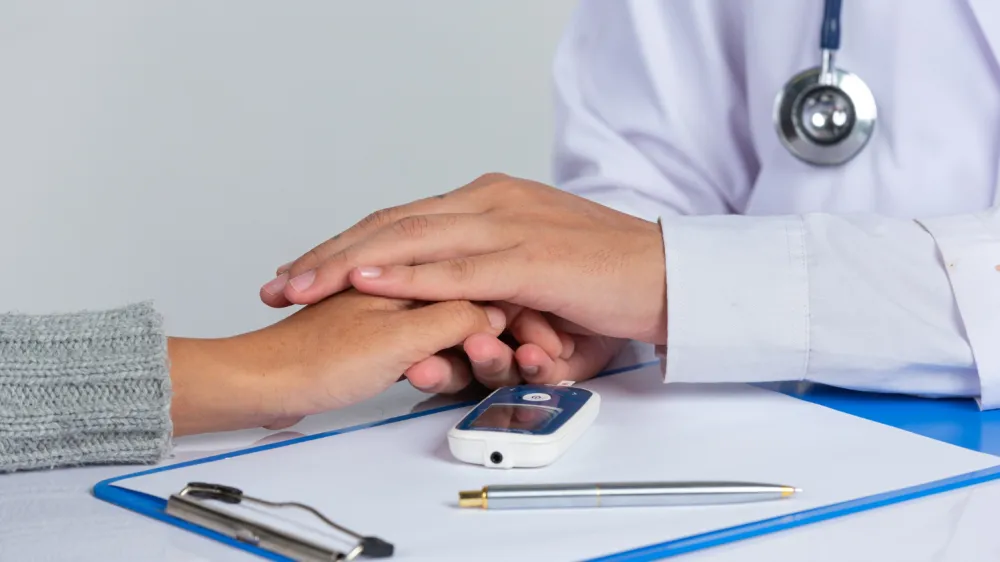
Japan’s over-the-counter drugs sector in the doldrums
An elevated demand for prescription drugs has held back demand for OTC drugs.
The COVID-19 pandemic has catalyzed the sales of prescription drugs in Japan, leaving the over-the-counter (OTC) healthcare sector in the doldrums with an expected compound annual growth rate (CAGR) to $14.2b (JPY1.4t) in 2026, according to GlobalData.
A report revealed that the OTC healthcare sector will be mainly propelled by the ‘traditional medicines’ category with a value CAGR of 1.3% over 2021-2026, followed by the ‘vitamins and minerals’ category with 1.2% CAGR.
Drug stores & pharmacies were the leading distribution channel in the Japanese OTC healthcare market in 2021, followed by hypermarkets & supermarkets.
READ MORE: How Japan’s pharma companies gain value for real-world evidence
Anush Shaw, consumer analyst at GlobalData, said as the COVID-19 pandemic has spurred the demand for vaccines and prescription drugs, the sales of OTC drugs have been sluggish.
However, owing to the soaring medical expenditure for the ageing population, insurers are lobbying for the approval of more generics, she said.
“Despite their proficiency in developing high-quality medicines, Japanese drug makers are wary of investing in OTC healthcare due to the low profitability of non-prescription drugs. However, as a global pharma patent cliff is fast approaching, the expiry of several blockbuster drugs in Japan can pave the way for new generics and biosimilars through 2026,” Shaw said.
The penetration of generics is also high in Japan as the greying population in the country is inclined to self-medicate to stay healthy and cut medical expenses, GlobalData said.
Consequently, the per capita expenditure on OTC healthcare in Japan rose from $31.7 in 2016 to $47.8 in 2021, which remains far higher than the global average of $14.2, and the regional average of $8.1 in 2021. It is projected to reach $57.3 in 2026, spurred by the demand for sleep aids, single-vitamins, and traditional medicine.
Shaw noted that Japan has been experiencing sporadic outbreaks of the new COVID-19 mutant variants despite the high penetration of vaccines. Moreover, consumers are altering their lifestyles to adapt to the "new normal."
In a bid to improve general health and well-being to ward off infections, consumers are expected to patronize health supplements that can support immune health, digestive wellness, and weight management.
“The high affinity of elderly individuals for Japanese Kampo, Traditional Chinese Medicine, and Traditional Korean Medicine remedies for conditions such as metabolic syndrome will help sustain the demand for traditional medicine,” Shaw said.



















 Advertise
Advertise






